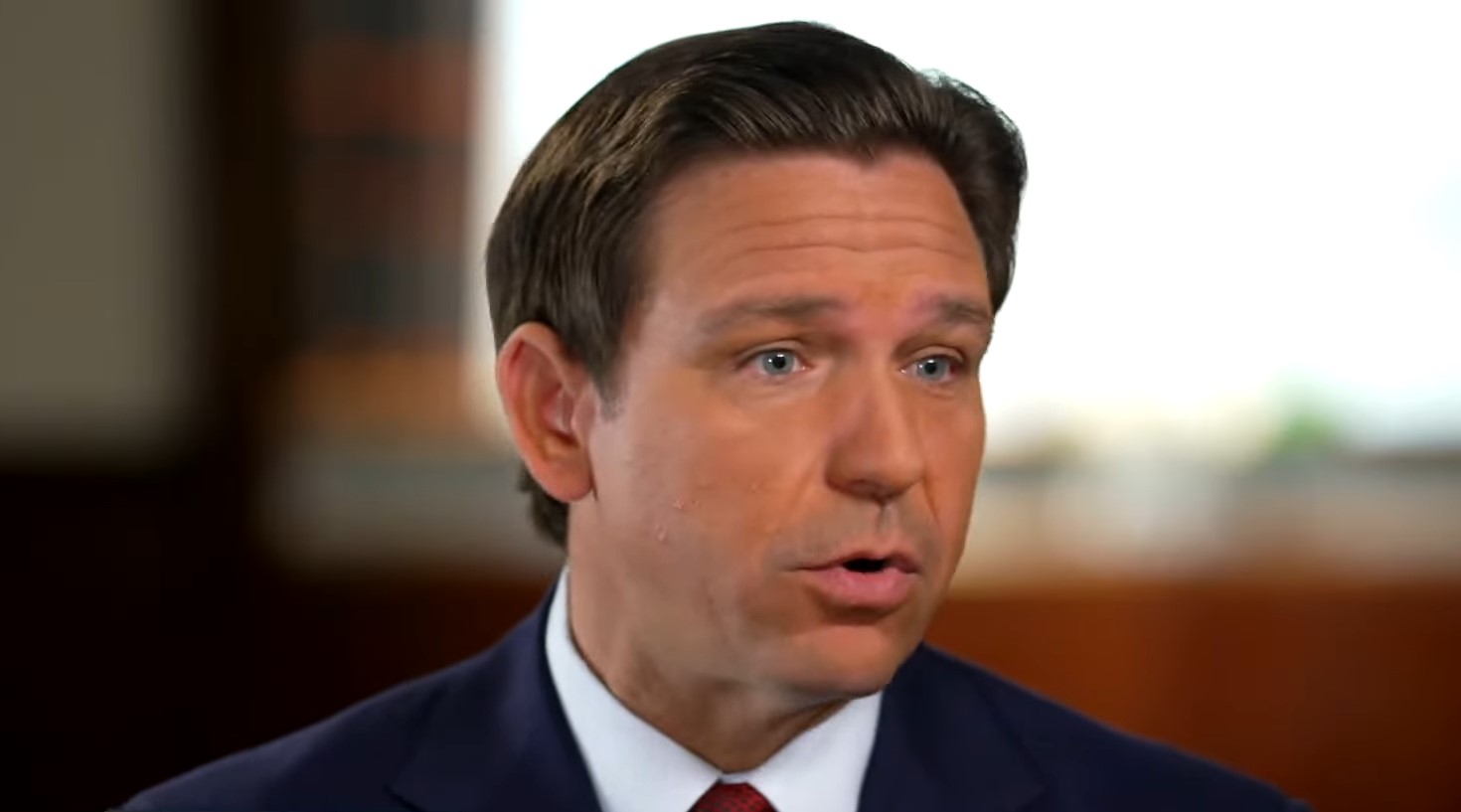In a recent interview on CBS News’ “Face The Nation,” Florida Governor Ron DeSantis outlined his plan to address the issue of illegal immigration if he were to be elected as President of the United States. DeSantis believes that states and localities should have the authority to supplement the federal government’s efforts in enforcing immigration laws.
Governor DeSantis emphasizes that while immigration is primarily a federal issue, states and localities should play a significant role in enforcing immigration laws. He argues that the federal government has failed to faithfully enforce these laws, leading to a surge in illegal immigration. By deputizing state and local law enforcement officials, DeSantis aims to address this failure and strengthen immigration enforcement across the country.
DeSantis makes it clear that his plan involves empowering state and local law enforcement officials to enforce immigration laws, as long as they uphold the law. He asserts that this approach is not about frustrating federal efforts but rather about ensuring that the laws are enforced effectively. By deputizing these officials, DeSantis believes that the imposition of immigration laws will be less impeded, leading to a more secure nation.
To support his plan, DeSantis points to successful initiatives already implemented in Florida. He highlights the collaboration between Florida law enforcement and the Coast Guard in intercepting illegal immigrants coming from islands in the Caribbean. By swiftly enforcing the laws, DeSantis claims that a significant deterrent effect was achieved. The fear of being returned to their home countries dissuaded individuals from attempting the dangerous journey, resulting in a decrease in illegal immigration.
DeSantis draws parallels between the success in Florida and the situation at the southern border. He argues that the current policies create an incentive for individuals to attempt illegal entry into the United States. By implementing a new approach and ensuring that those who cross the border illegally are returned to their home countries, DeSantis believes there will be a dramatic decrease in the number of people attempting the voyage. He asserts that this will ultimately contribute to a more secure border.
Critics of DeSantis’ plan may raise concerns about potential conflicts with the supremacy clause of the Constitution, which grants the federal government sole dominion over immigration enforcement. However, DeSantis clarifies that his proposal does not seek to frustrate federal law but rather to supplement it. As long as states and localities are upholding the law, they should have the authority to enforce immigration laws, working alongside federal agencies to secure the nation’s borders.
If DeSantis were to become President and implement his plan, it could have far-reaching effects on immigration policies. The collaboration between federal, state, and local law enforcement could lead to a more coordinated and comprehensive approach to immigration enforcement. This could potentially reduce the strain on federal resources and allow for a more efficient and effective response to illegal immigration.
While DeSantis’ plan may resonate with those who prioritize strict immigration enforcement, it is likely to face opposition from those who advocate for more lenient immigration policies. Critics may argue that deputizing state and local officials could lead to racial profiling and the violation of individuals’ rights. Balancing the need for strong enforcement with protecting civil liberties will be a challenge that DeSantis and his administration would need to address.
DeSantis’ plan to deputize state and local officials to enforce immigration laws is a bold proposition that sets him apart from other candidates. If he were to secure the presidency, his approach could reshape the way immigration is enforced in the United States. However, it remains to be seen how his plan will resonate with voters and whether it will be enough to propel him to the highest office in the land.


Leave a Comment